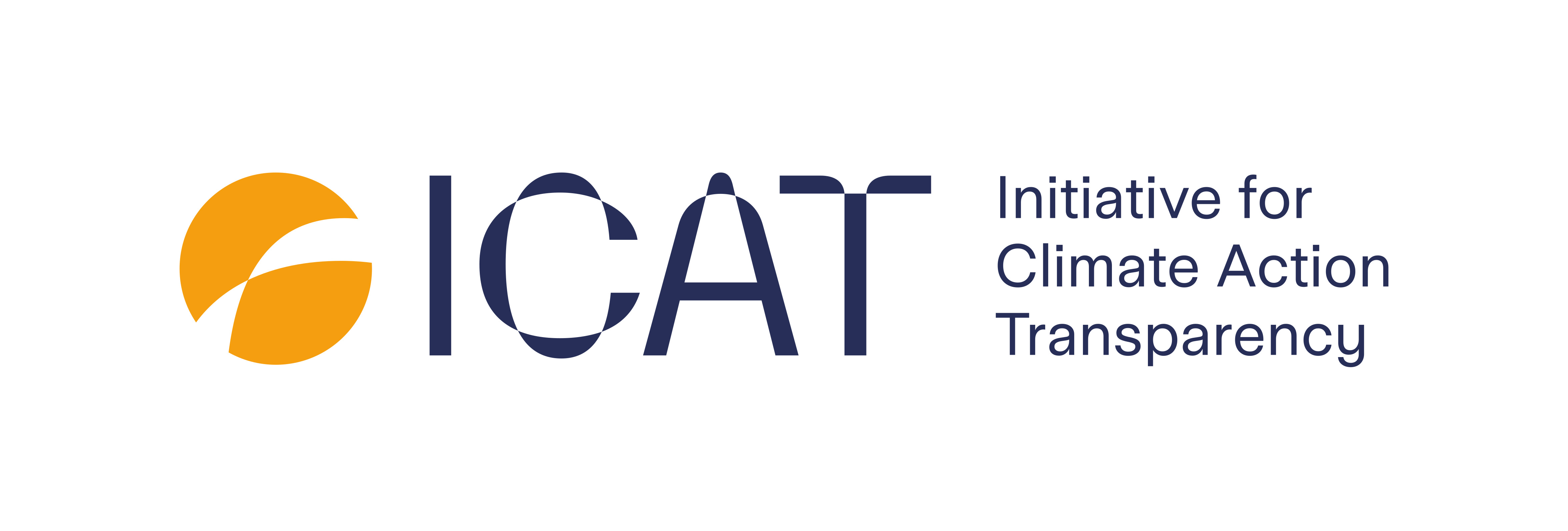A new project to strengthen Kenya’s transparency for climate action in the agricultural sector was launched in mid-September. The project will focus on the sub-sector of crops, identified as a national priority for climate action by the Kenyan Ministry of Agriculture.
The project was launched at a workshop held on 11-12 September 2023 in Nairobi bringing together stakeholders from Kenya’s agricultural sector to discuss current status, needs and gaps with regards to climate transparency. An in-depth presentation and dialogue around the planned project activities helped forge a common understanding and agreement on the way forward with project implementation, in a way that best meets the needs of the country.
UNEP-Copenhagen Climate Centre and The Alliance of Bioversity International and the International Center for Tropical Agriculture (CIAT) is implementing the project under the leadership of the Kenyan Ministry of Agriculture, Livestock, Fisheries and Cooperatives through the Initiative for Climate Action Transparency (ICAT).
The partners will work together with national experts in Kenya, to build and sustain national expertise on transparency in the agriculture sector.
Reducing emissions and increasing food security
Agriculture is a major contributor to the Kenyan economy and a leading source of national greenhouse gas emissions. As the demand for food and agriculture-related products is expected to increase, it is essential to transform the agricultural sector in such a way that – simultaneously – emissions of greenhouse gasses are reduced, food security is enhanced, and resilience to climate change is fostered.
Transparency plays a crucial role in enabling Kenya to track progress towards these objectives. The sound data resulting from strong transparency frameworks can be used in the planning, monitoring, evaluation and course correction of climate change-related policies and actions. In this way, realistic goals can be set and reliable results can inform decision makers on the way forward.
Climate smart agriculture for adaptation
This is ICAT and UNEP Copenhagen Climate Centre’s second project on agriculture in Kenya. The first project, completed in 2022, strengthened the country’s capacity to effectively and efficiently implement, monitor, and report adaptation actions for the agriculture sector at national and county levels in a transparent manner.
Future climate projections estimate that by 2030, nine out of ten crops will experience reduced growth of rates of 10-20% in part due to climate change. National adaptation actions to enhance resilience to climate change are therefore of great importance.
Among the outcomes of this first project is a modified national climate-smart agriculture monitoring and evaluation Framework for Implementation, as well as tools and activities for adaptation reporting identified and analyzed for sectoral needs.
Read more about the results here.
Capacity building at the core
Building on the first project’s achievements, the second project covers climate change mitigation focusing on the crops sub-sector. Its main objective is to build a sustainable crop sub-sector measurement, reporting and verification system to collect data on emissions, and track the progress at national and county levels made in meeting Kenya’s commitments to the global community.
Capacity building is at the core of the project, targeting stakeholders at national and sub-national level. Enhanced capacity to collect the greenhouse gas-related data for the crop sub-sector, will contribute to the improvement of data quality, allowing the country to better understand emissions drivers, eventually leading to more efficient policies and measures for climate change mitigation and adaptation alike.
